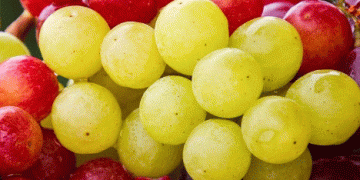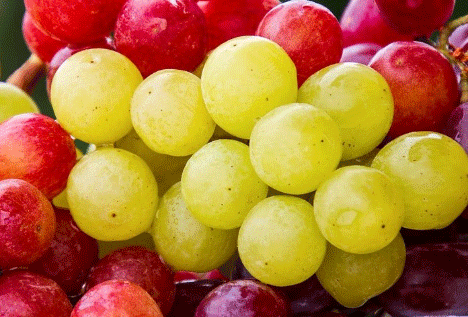Peru has taken a bold step in the global fruit trade by becoming the first to export table grapes via cool-ship technology. This new method of transport was introduced due to a worldwide shortage of containers, which had caused delays and logistical challenges for agricultural exports. The first shipment, which departed from the Port of Paracas, consisted of 4,000 pallets of table grapes grown in Peru’s prominent grape-producing regions: Ica, Arequipa, and Piura.
Innovation Amid Shipping Challenges
The global shipping industry has faced unprecedented challenges in recent years, with container shortages affecting agricultural exports worldwide. According to the World Trade Organization (WTO), container availability has fluctuated, especially for products like fresh fruits and vegetables, which require temperature-controlled environments. To overcome this obstacle, Peru opted for the use of cool-shipping vessels—a solution that maintains the freshness of perishable goods while bypassing the container shortages that had previously plagued the shipping sector.
The use of cool-ships allows Peruvian grapes to be transported efficiently and safely, ensuring that they reach U.S. markets in peak condition. The grapes are shipped with a constant controlled temperature that is crucial for preserving quality during long voyages. This method has proven to be an essential adaptation for exporting high-value agricultural products such as grapes.
Global Export Reach
Peru has been a key player in the global grape market for years, exporting table grapes to 65 countries worldwide, including the European Union. The move to cool-ship technology is expected to enhance the country’s export capabilities and solidify its position in key markets like the U.S. Despite challenges, the Peruvian grape sector has remained resilient, and experts forecast steady growth in export volumes in the coming years.
With shipments scheduled throughout January, it is clear that Peru is prepared to continue utilizing this innovative method to meet global demand, even as the shipping industry works to address the container crisis.
Peru’s pioneering use of cool-ships for grape exports is a direct response to the global shipping container shortage and marks a significant shift in agricultural trade logistics. By leveraging this technology, Peru has not only solved immediate shipping challenges but also positioned itself as a leader in global agricultural exports. As the demand for Peruvian grapes continues to rise, this innovative transport solution could serve as a model for other agricultural sectors facing similar logistics challenges.































